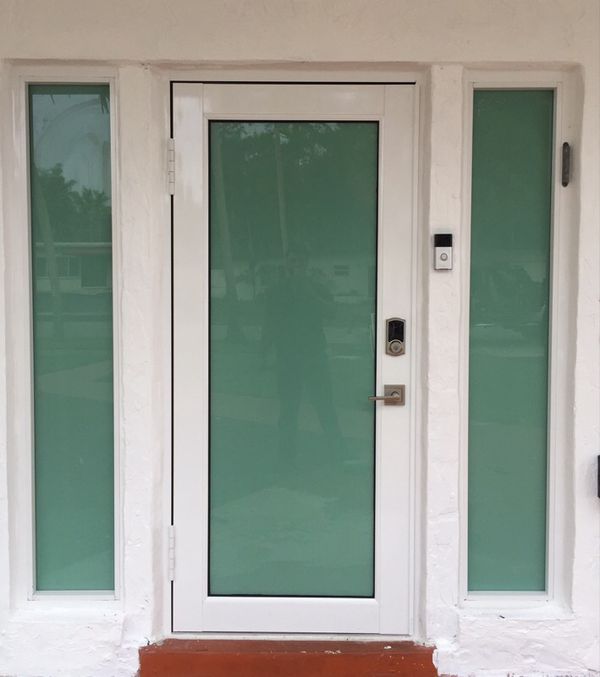

Radio Technical Commission for Aeronautics (RTCA) Info-Communications Media Development Authority (IMDA)Īssociation for the Advancement of Medical Instrumentation (AAMI)Īmerican National Standards Institute (ANSI) Russia, Azerbaijan, Armenia, Belarus, Georgia, Kazakhstan, Kyrgyzstan, Moldova, Tajikistan, Turkmenistan, Uzbekistan, Ukraine:Įuro Asian Council for Standardization, Metrology and Certification (EASC) Federal Agency for Technical Regulation and Metrology (GOST R) Japanese Industrial Standards Committee (JISC)

Verband der Elektrotechnik, Elektronik und Informationstechnik (VDE) SAC/TC246: National Electromagnetic Compatibility Standardization Technical Committee (the corresponding Chinese committee to IEC/TC77)Ĭomité Européen de Normalisation Electrotechniques (CENELEC)Įuropean Telecommunications Standards Institute (ETSI)Įuropean Committee for Standardization (CEN) SAC/TC79: National Radio Interference Standardization Technical Committee (the corresponding Chinese committee to IEC/CISPR) Standardization Administration of China (SAC, representing China in National in ISO and IEC committees) International Organization of Legal Metrology (OIML) The Union of the Electricity Industry (Eurelectric) International Council on Large Electric Systems (CIGRE) ITU Telecommunication Standardization Sector (ITU-T) International Organization for Standardization (ISO) International Special Committee on Radio Interference (CISPR)Ĭommittees within IEC for Product and Product Family EMC Standards Technical Committee 77, Electromagnetic Compatibility (TC 77) International Electrotechnical Commission (IEC)Ĭommittees within IEC for Basic and Generic EMC Standards Here an overview of international and national (regional) organizations and committees which develop and/or define the applicable EMC standards: Standards in EMC are either defined and worded by international and national or regional organizations and committees on behalf of administrative bodies (like the EU delegates the wording of EMC Standards to CENELEC), or the administrative and/or regulatory bodies word the EMC Standards and regulations themselves. And an important point about EMC standards: they have the purpose of bringing harmonization to EMC testing, in the best case: a global harmonization. Windows 8.1 is supported only with Exchange 2013 SP1 or later.EMC standards help to make measurements comparable and repeatable by defining the test methods, the test equipment and the test environment. Windows Server 2012 R2 is supported only with Exchange 2013 SP1 or later.Ģ. Windows Server 2008 R2 Datacenter RTM or laterĦ4-bit edition of Windows 7 with Service Pack 1ġ. Windows Server 2008 R2 Enterprise with SP1 Windows Server 2012 Standard or Datacenter Windows Server 2012 R2 Standard or Datacenter 1 You can install the Exchange 2010 management tools on the following Windows operating systems:įor Exchange 2013 management tools, one of the following:

There is no official document about installing Exchange management tool on Win10 operating system.

Currently, the supported Windows operating systems for Exchange 2010 management tools and Exchange 2013 management tools are as follows.


 0 kommentar(er)
0 kommentar(er)
